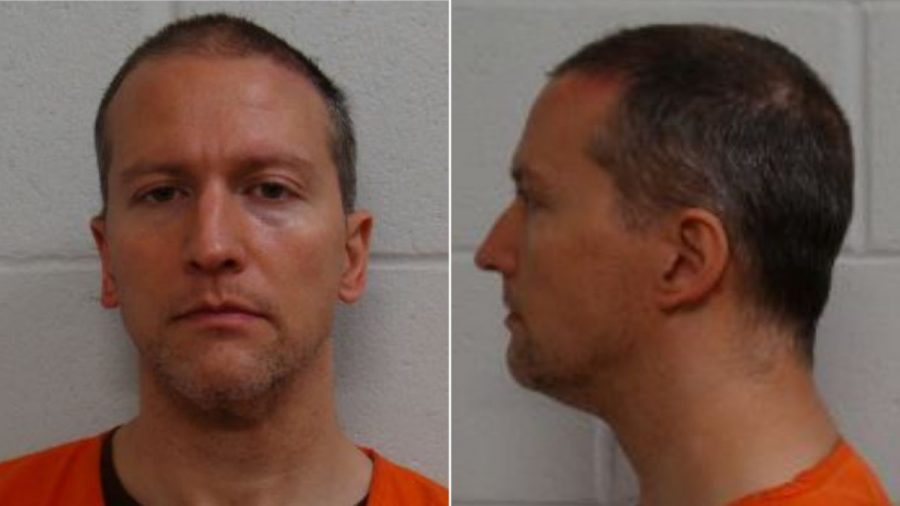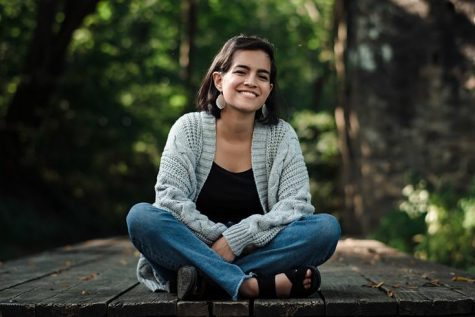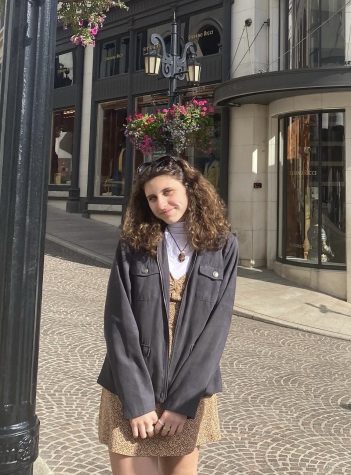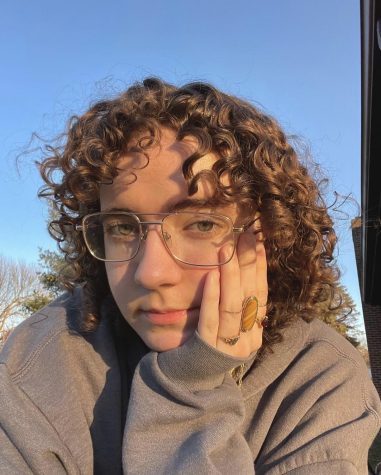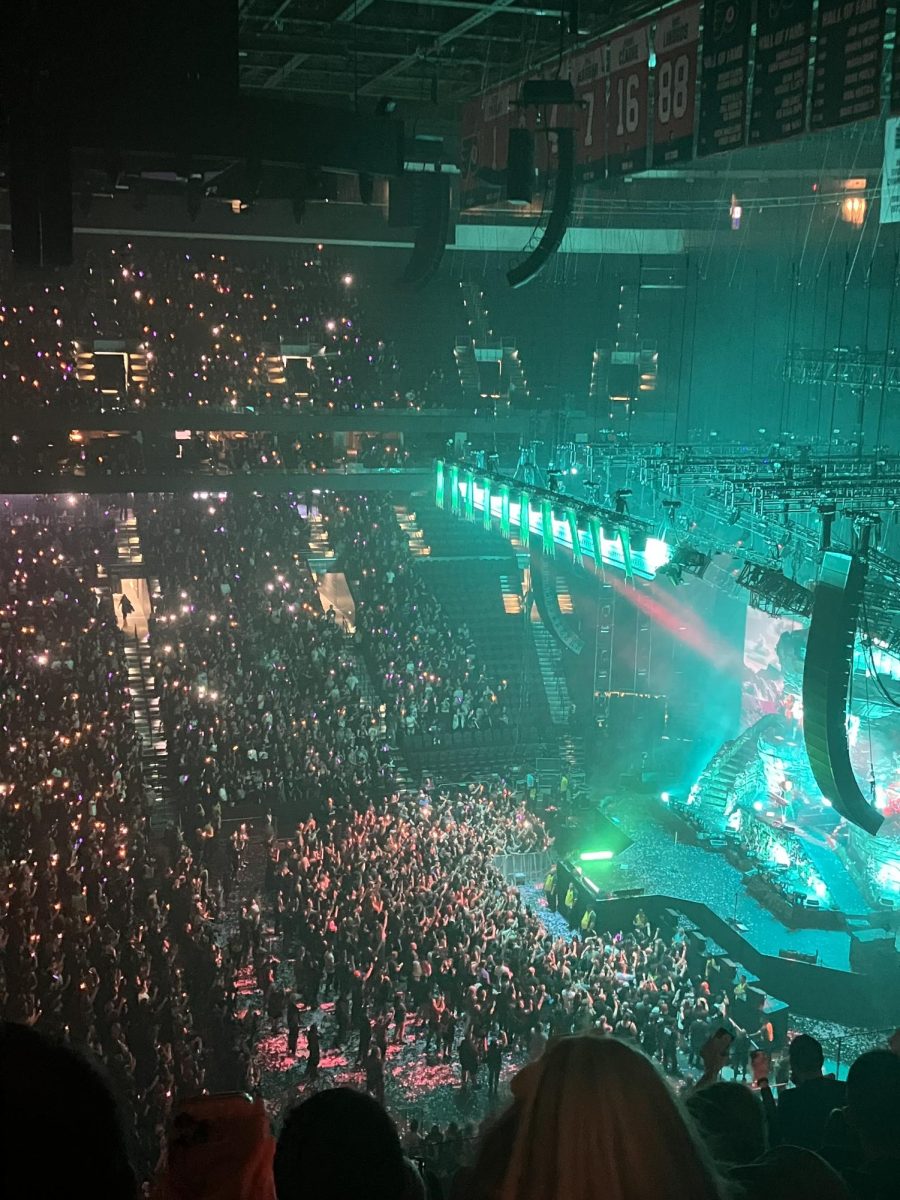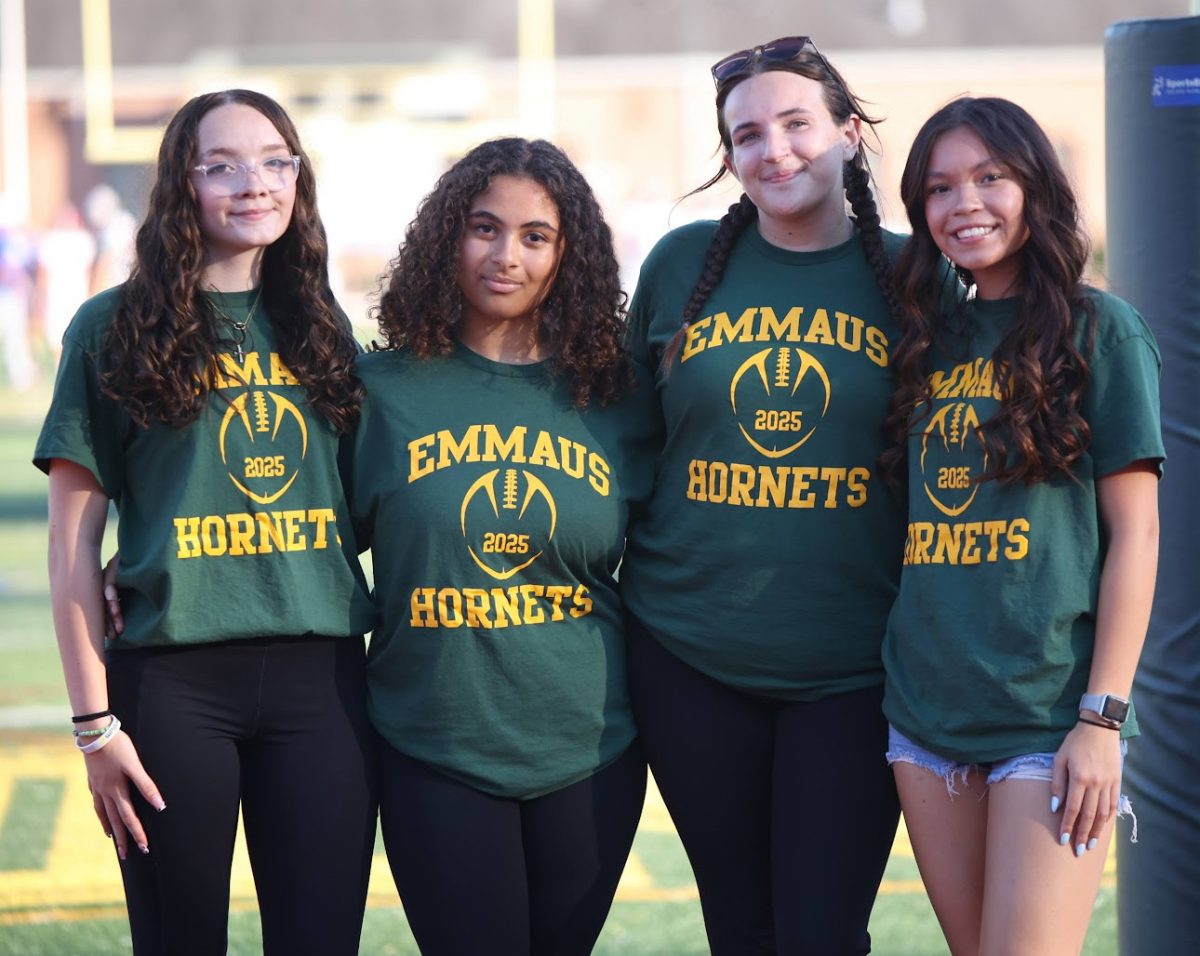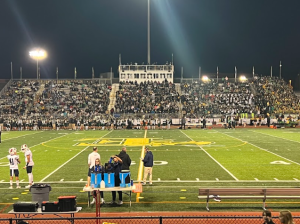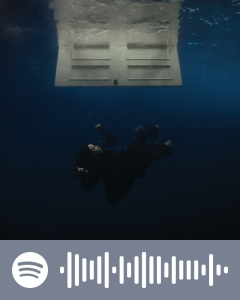EHS community reflects on Derek Chauvin trial, murder conviction
May 5, 2021
Nearly a year after George Floyd’s death, the jury came to a decision in the trial of Derek Chauvin on April 20, declaring him guilty on three different charges.
Chauvin was on trial for second-degree unintentional murder, third-degree murder, and second-degree manslaughter. Countless Americans waited in anticipation for the verdict to be announced, and finally, after a three-week long trial and just two days of deliberations, Chauvin was convicted of all charges. It was a historic moment, and many hold hope that it will lay the groundwork for systemic change.
Junior Sydne Clarke, who is president of the Black Student Union at EHS, did not have high expectations when she first started watching the trial.
“I really find that I disassociate myself a lot,” Clarke said. “After a while it becomes a lot … and I found myself becoming numb to a lot of the things that were going on.”
Clarke started the Black Student Union partly in response to the Black Lives Matter movement and the events of the past year, wanting to provide Black students with a safe space where they could address topics which are typically avoided during the regular school day, such as police brutality and racism. She had conflicting emotions regarding the Chauvin trial.
“There was a part of me that was like, ‘Yeah, there’s no way they’re going to say that he’s not guilty for anything.’ But then there’s a part of me that’s like, ‘the system, you know how it works,’” Clarke said.
EHS American Studies teacher Pam Hunter also recognizes that the trial was historic, following a long history of tensions and protests regarding police brutality, including cases where officers have gotten away without punishment.
“Thirty years ago this month, Rodney King was beaten by four police officers in Los Angeles, which was caught on film,” Hunter said. “However, in that trial the officers were acquitted … and the L.A. riots ensued.”
Others, like sophomore Michael Schmaldinst, have “lost trust” in the justice system as a result of the Derek Chauvin verdict.
“I believe the officer should’ve only been found guilty of manslaughter, and not the two charges of murder,” Schmaldinst said. However, Schmaldinst thinks that if Chauvin had been declared innocent, “the country would’ve had a full-blown civil war on our hands.”
One EHS student, who wishes to remain anonymous, sees two sides to the decision in the case.
“He was obviously guilty, but his consequences should have been harsher,” he said. “Hopefully because of this verdict, we can take major steps toward the future of an equal and anti-discriminatory country.”
The final verdict was a triumphant, historic moment for many; but, as junior Zach Ryan points out, there are still further steps to be taken toward police accountability.
“I believe 20 minutes before the verdict was given, [Ma’Khia Bryant] was shot to death by another police officer,” Ryan said. The Chauvin verdict “is a win for black communities in general, but at the same time, there’s still a lot more to go forward … This is kind of just like a building block on the ground floor.”


